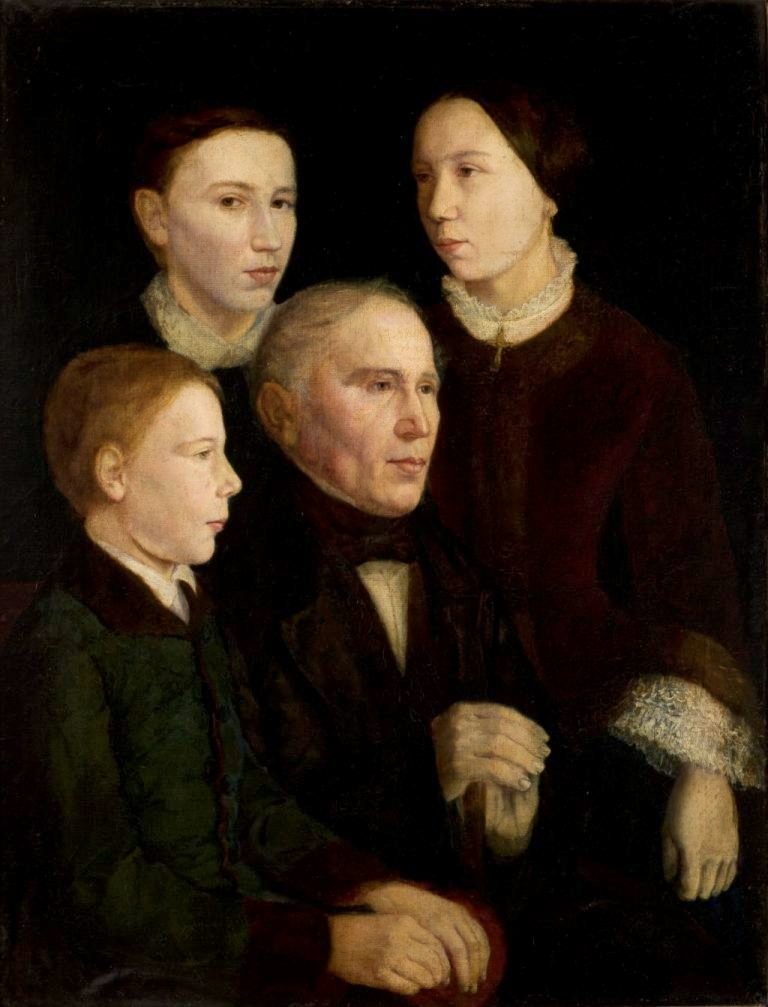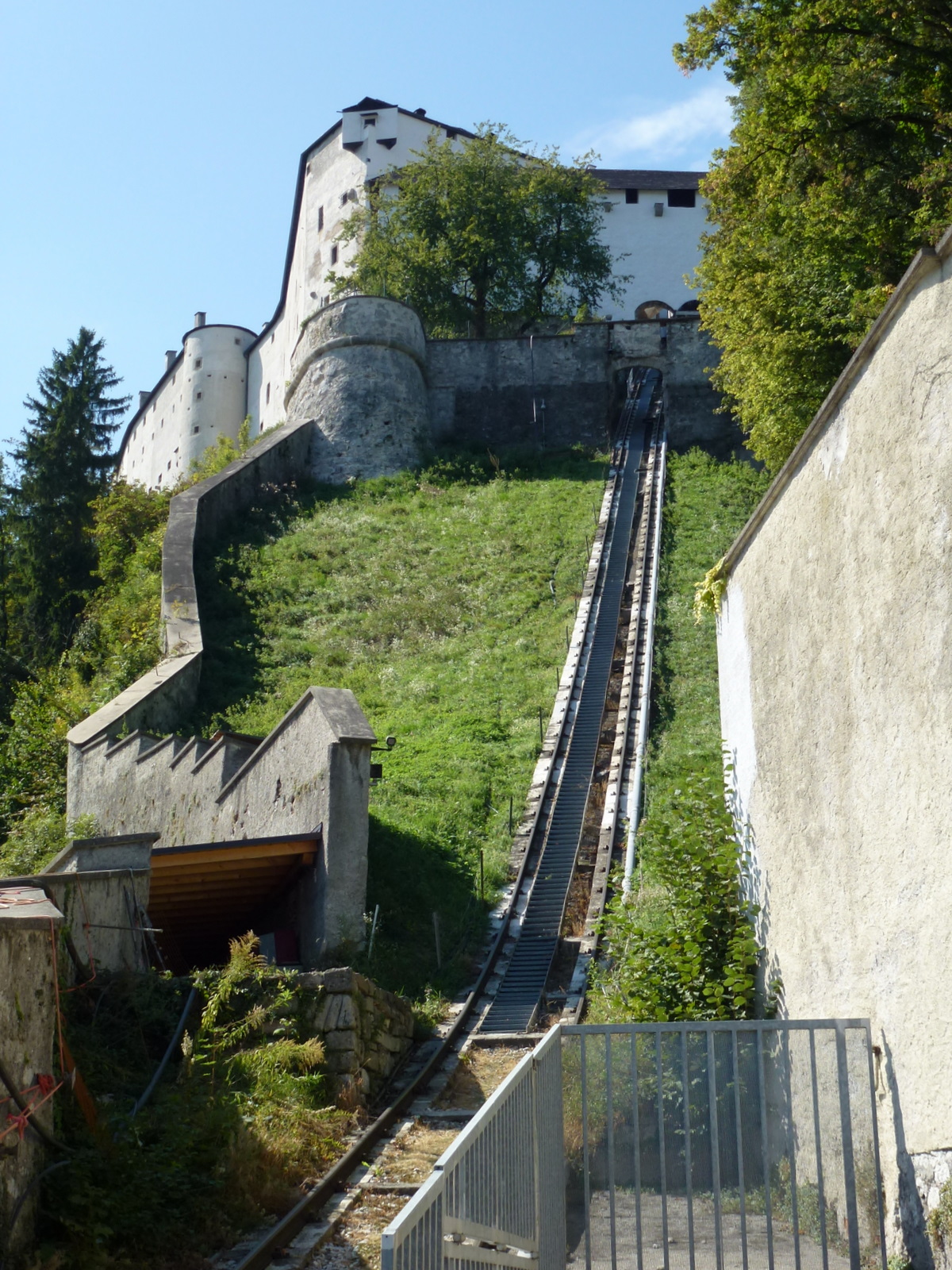|
Marcin Zborowski
Marcin Zborowski (''c.'' 1495 – 25 February 1565) was a Polish castellan ( pl, kasztelan) of Kalisz (since 1543), voivod (''wojewoda'') of Kalisz (since 1550), voivod of Poznań (since 1558) and castellan of Kraków (since 1562). He was one of the leaders of execution movement, co-initiator of the Chicken War (1537) and also supporter of the Reformation. Zborowski participated in the fourth war of the Muscovite-Lithuanian Wars (1512–1522) and in the Battle of Orsha (8 September 1514). Murderer of Dymitr Sanguszko (1554). See also *Zborowski family Zborowski (feminine Zborowska, plural Zborowscy) is a Polish surname. It may refer to: * Andriy Zborovskyi (born 1986), Ukrainian footballer * Eliot Zborowski (1858–1903), American racing driver * Helmut Zborowski (1905–1969), Austrian aircra ... References * * 1495 births 1565 deaths Marcin Zborowski {{Poland-bio-stub ... [...More Info...] [...Related Items...] OR: [Wikipedia] [Google] [Baidu] |
Jan Matejko
Jan Alojzy Matejko (; also known as Jan Mateyko; 24 June 1838 – 1 November 1893) was a Poles, Polish painting, painter, a leading 19th-century exponent of history painting, known for depicting nodal events from Polish history. His works include large scale oil on canvas, oil paintings such as ''Rejtan (painting), Rejtan'' (1866), ''the Unia lubelska (painting), Union of Lublin'' (1869), '' the Astronomer Copernicus, or Conversations with God'' (1873), or ''the Battle of Grunwald (painting), Battle of Grunwald'' (1878). He was the author of numerous portraits, a gallery of List of Polish monarchs, Polish monarchs in book form, and murals in St. Mary's Basilica, Kraków. He is considered by many as the most celebrated Polish painters, Polish painter, and sometimes as the "national painter" of Poland. Matejko was among the notable people to receive an unsolicited letter from the German philosopher Friedrich Nietzsche, as the latter tipped, in January 1889, into his psychotic break ... [...More Info...] [...Related Items...] OR: [Wikipedia] [Google] [Baidu] |
Execution Movement
The Executionist movement was a 16th-century political movement in the Kingdom of Poland (1385–1569), Kingdom of Poland and, later, the Polish–Lithuanian Commonwealth. It was popular among lesser, middle and even some higher nobility, and it also enjoyed the support of the Polish King of Poland, king. In Polish language, Polish, the movement is variously known as ''ruch egzekucyjny'', ''egzekucja praw'' ("execution [enforcement] of the laws"), or ''egzekucja dóbr'' ("execution of property"). The movement sought the revendication of public property, public and state property, state Crown lands#Poland and Lithuania, lands which were illegally held by various Magnates#Magnates in Poland and Lithuania, magnates. The followers of the movement were known as ''popularyści'' ("popularists"), or ''zamoyszczycy'' ("Zamoyskites", after the main movement supporter Jan Zamoyski). The movement opposed the abuse of the existing laws by the higher nobility (Magnates#Magnates in Poland and Li ... [...More Info...] [...Related Items...] OR: [Wikipedia] [Google] [Baidu] |
1495 Births
Year 1495 ( MCDXCV) was a common year starting on Thursday (link will display the full calendar) of the Julian calendar. Events January–December * February – King's College, Aberdeen, predecessor of the University of Aberdeen in Scotland, is founded on the petition of William Elphinstone, Bishop of Aberdeen. It is the first English-speaking university to teach medicine. * February 22 – Italian War of 1494–98: King Charles VIII of France enters Naples, to claim the city's throne. A few months later, he decides to return to France, and leaves Naples with most of his army, leaving a force under his cousin Gilbert, Count of Montpensier as viceroy. Syphilis is first definitely recorded in Europe during this invasion. (perhaps from French forces who may have contacted Croats fleeing an Ottoman army in the east). * May 26 – A Spanish army under Gonzalo Fernández de Córdoba lands in Calabria, with the purpose of ousting the French and restoring Ferdinand ... [...More Info...] [...Related Items...] OR: [Wikipedia] [Google] [Baidu] |
WIEM Encyklopedia
WIEM Encyklopedia (full name in pl, Wielka Interaktywna Encyklopedia Multimedialna - "Great Interactive Multimedia Encyclopedia"; in Polish, ''wiem'' also means 'I know') is a Polish Internet encyclopedia. The first printed edition was released in mid-1990s, with the second in 1998, it contained about 66,000 entries and various multimedia add-ons. It was released online in 2000 by the Polish web portal Onet.pl Onet.pl is one of the largest Polish web portals. It is owned by the Kraków-based Grupa Onet.pl S.A. It was founded in 1996 by Optimus company. According to Alexa rankings, as of October 2017, it was the 45th most popular website worldwide an ... on the basis of ''Popularna Encyklopedia Powszechna i Multimedialna'' ("Popular General and Multimedia Encyclopedia"). From 2004 to 2 March 2006 it was not free, however before and after it was free to access. As of the 9th online edition in 2006, it contains 125,000 entries. External links Homepage Polish online encycloped ... [...More Info...] [...Related Items...] OR: [Wikipedia] [Google] [Baidu] |
Internetowa Encyklopedia PWN
''Internetowa encyklopedia PWN'' (Polish for ''Internet PWN Encyclopedia'') is a free online Polish-language encyclopedia published by Wydawnictwo Naukowe PWN Wydawnictwo Naukowe PWN (''Polish Scientific Publishers PWN''; until 1991 ''Państwowe Wydawnictwo Naukowe'' - ''National Scientific Publishers PWN'', PWN) is a Polish book publisher, founded in 1951, when it split from the Wydawnictwa Szkolne i .... It contains some 80,000 entries and 5,000 illustrations. External links ''Internetowa encyklopedia PWN'' Online encyclopedias Polish online encyclopedias Polish Scientific Publishers PWN books {{online-encyclopedia-stub ... [...More Info...] [...Related Items...] OR: [Wikipedia] [Google] [Baidu] |
Zborowski Family
Zborowski (feminine Zborowska, plural Zborowscy) is a Polish surname. It may refer to: * Andriy Zborovskyi (born 1986), Ukrainian footballer * Eliot Zborowski (1858–1903), American racing driver * Helmut Zborowski (1905–1969), Austrian aircraft designer * Jan Zborowski (1538–1603), Polish Court Hetman * Jerzy Zborowski (1922–1944), Polish resistance fighter * Krzysztof Zborowski (died 1593), Polish Royal Deputy cup-bearer * Leopold Zborowski (1889–1932), Polish poet * Louis Zborowski (1895–1924), English racing driver * Marcin Zborowski (c. 1495–1565), Polish castellan * Mark Zborowski (1908–1990), Soviet-Jewish KGB agent * Piotr Zborowski Piotr Zborowski (died 13 September 1580) was a Polish voivode ( pl, wojewoda) of Sandomierz (since 1568), voivode and ''starosta'' of Kraków (since 1574), castellan (''kasztelan'') of Biecz (since 1565) and castellan of Wojnicz (since 1567). He m ... (died 1580), Polish voivode * Samuel Zborowski (died 1584), Polish noble, ... [...More Info...] [...Related Items...] OR: [Wikipedia] [Google] [Baidu] |
Dymitr Sanguszko
{{given name ...
Dymitr is a given name. Notable people with the name include: *Dymitr of Goraj (1340–1400), a Grand Crown Marshal from 1390 and Court Treasurer in the years 1364–1370 and 1377–1391 *Michał Dymitr Krajewski (1746–1817), Polish writer and educational activist of the times of the Enlightenment in Poland *Dymitr of Sienno, 15th century Polish nobleman of the Debno Coat of Arms *Jan Dymitr Solikowski (1539–1603), Polish writer, diplomat, Archbishop of Lwów *Dymitr Jerzy Wiśniowiecki (1631–1682), Polish magnate and szlachcic See also * * * Dmytro * Dmitry Dmitri (russian: Дми́трий); Church Slavic form: Dimitry or Dimitri (); ancient Russian forms: D'mitriy or Dmitr ( or ) is a male given name common in Orthodoxy, Orthodox Christian culture, the Russian version of Greek language, Greek De ... [...More Info...] [...Related Items...] OR: [Wikipedia] [Google] [Baidu] |
Battle Of Orsha
The Battle of Orsha ( be, Бітва пад Оршай, translit=Bitva pad Oršaj, lt, Oršos mūšis, pl, bitwa pod Orszą, uk, Битва під Оршею), was a battle fought on 8 September 1514, between the allied forces of the Grand Duchy of Lithuania and the Crown of the Kingdom of Poland, under the command of Lithuanian Grand Hetman Konstanty Ostrogski; and the army of the Grand Duchy of Moscow under Konyushy Ivan Chelyadnin and Kniaz Mikhail Bulgakov-Golitsa. The Battle of Orsha was part of a long series of Muscovite–Lithuanian Wars conducted by Muscovite rulers striving to gather all the former Kievan Rus' lands under their rule. According to ''Rerum Moscoviticarum Commentarii'' by Sigismund von Herberstein, the primary source for information on the battle, the much smaller army of Lithuania–Poland (under 30,000 men) defeated a force of 80,000 Muscovite soldiers, capturing their camp and commander. These numbers and proportions have been disputed by some moder ... [...More Info...] [...Related Items...] OR: [Wikipedia] [Google] [Baidu] |
Protestant Reformation
The Reformation (alternatively named the Protestant Reformation or the European Reformation) was a major movement within Western Christianity in 16th-century Europe that posed a religious and political challenge to the Catholic Church and in particular to papal authority, arising from what were perceived to be errors, abuses, and discrepancies by the Catholic Church. The Reformation was the start of Protestantism and the split of the Western Church into Protestantism and what is now the Roman Catholic Church. It is also considered to be one of the events that signified the end of the Middle Ages and the beginning of the early modern period in Europe.Davies ''Europe'' pp. 291–293 Prior to Martin Luther, there were many earlier reform movements. Although the Reformation is usually considered to have started with the publication of the '' Ninety-five Theses'' by Martin Luther in 1517, he was not excommunicated by Pope Leo X until January 1521. The Diet of Worms of May 1521 ... [...More Info...] [...Related Items...] OR: [Wikipedia] [Google] [Baidu] |
Chicken War
Chicken War or Hen War ( pl, Wojna kokosza) is the colloquial name for a 1537 anti-royalist and anti- absolutist ''rokosz'' (rebellion) by the Polish nobility. The derisive name was coined by the ''magnates'', who for the most part supported the King and claimed that the conflict's only effect was the near-extinction of the local chickens, eaten by the nobles gathered for the ''rokosz'' at Lwów, in Ruthenian Voivodeship. The magnates' choice of "''kokosz''"—meaning "an egg laying hen"—may have been inspired by a play on words between "''kokosz''" and the similar-sounding "''rokosz''". The Chicken War was the first rokosz of the ''Szlachta'' in Polish history. Background At the start of his reign, King Sigismund I the Old inherited the Kingdom of Poland with a century-long tradition of liberties of the nobility, confirmed in numerous privileges. Sigismund faced the challenge of consolidating internal power to handle external threats to the country. During the rule of his pred ... [...More Info...] [...Related Items...] OR: [Wikipedia] [Google] [Baidu] |
Kraków
Kraków (), or Cracow, is the second-largest and one of the oldest cities in Poland. Situated on the Vistula River in Lesser Poland Voivodeship, the city dates back to the seventh century. Kraków was the official capital of Poland until 1596 and has traditionally been one of the leading centres of Polish academic, economic, cultural and artistic life. Cited as one of Europe's most beautiful cities, its Old Town with Wawel Royal Castle was declared a UNESCO World Heritage Site in 1978, one of the first 12 sites granted the status. The city has grown from a Stone Age settlement to Poland's second-most-important city. It began as a hamlet on Wawel Hill and was reported by Ibrahim Ibn Yakoub, a merchant from Cordoba, as a busy trading centre of Central Europe in 985. With the establishment of new universities and cultural venues at the emergence of the Second Polish Republic in 1918 and throughout the 20th century, Kraków reaffirmed its role as a major national academic and a ... [...More Info...] [...Related Items...] OR: [Wikipedia] [Google] [Baidu] |



.jpg)